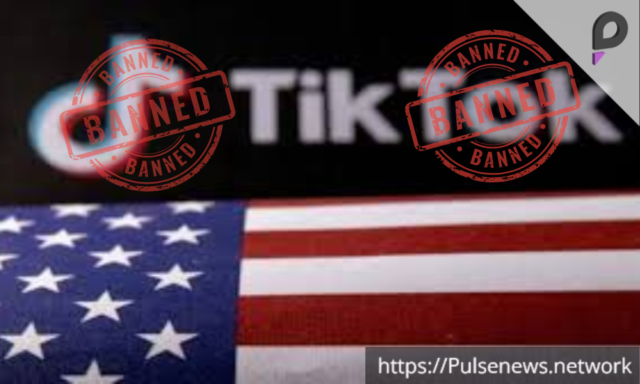Los Angeles: TikTok has suffered a major legal setback in its fight to avoid a ban or forced sale in the United States. A federal appeals court recently rejected TikTok’s challenge, leaving the app’s future uncertain as it faces significant pressure from lawmakers and national security concerns. Here’s a breakdown of the situation, the implications, and what might come next.
The Court Ruling
The US Court of Appeals for the District of Columbia Circuit rejected TikTok’s argument that the proposed ban was unconstitutional. TikTok’s legal team had contended that the ban would severely impact the free speech rights of its 170 million users in the US. However, the court determined that the law, passed with bipartisan support, was focused on addressing national security threats posed by foreign adversaries like China.
The ruling emphasized:
- The law was carefully designed to address TikTok’s ownership by ByteDance, a Chinese company.
- It was part of a larger strategy to counter risks posed by potential Chinese government influence over the platform.
Why the US Wants TikTok Banned or Sold
The primary concern surrounding TikTok is its alleged ties to the Chinese state. Lawmakers and intelligence agencies fear that TikTok could share sensitive user data with the Chinese government, a claim the company has repeatedly denied. Despite these denials, many US officials remain skeptical due to China’s laws, which could compel companies to cooperate with the government.
Key points of concern include:
- Data Privacy: Potential misuse of US user data by Chinese authorities.
- Misinformation: Fears that the app could be used to spread propaganda or misinformation.
- National Security: Risks of espionage or undue influence on US citizens.
ByteDance, TikTok’s parent company, has consistently stated it would not sell the platform and has denied any wrongdoing.
Impact on TikTok and Its Users
The ruling means that TikTok faces a looming deadline. If no resolution is reached, the platform may be unavailable to US users starting January 19, 2025. With 170 million users in the US, TikTok is a cultural phenomenon, particularly among younger audiences. Losing access to the app could significantly impact creators, businesses, and consumers who rely on the platform.
TikTok’s appeal to overturn the law is part of an ongoing battle to protect its operations in the US. The company may now escalate the case to higher courts, potentially reaching the Supreme Court.
Could Trump’s Victory Change TikTok’s Fate?
Donald Trump’s return to the presidency in 2024 has added an intriguing twist. While Trump attempted to ban TikTok during his first term, he recently suggested he would not enforce the ban this time around. During his campaign, he joined TikTok and argued that banning the platform could unfairly benefit competitors like Meta, the parent company of Facebook and Instagram.
Meta has developed several TikTok-style features, aiming to capitalize on uncertainty surrounding TikTok’s future. Trump’s influence may offer TikTok a temporary reprieve, depending on how his administration approaches the issue.
What’s Next for TikTok?
TikTok and Byte Dance have yet to respond to the latest ruling, but they are expected to continue their legal battle. Potential next steps include:
- Appealing to the Supreme Court: TikTok may challenge the ruling in the highest court in the US.
- Negotiations with Lawmakers: TikTok could explore compromises to address security concerns.
- Global Implications: A US ban could prompt other nations to reconsider their stance on TikTok.
Conclusion
TikTok’s fight against a potential US ban highlights the complex intersection of technology, national security, and geopolitics. As the 2025 deadline approaches, the platform’s future remains uncertain. The outcome will not only affect TikTok’s millions of US users but also set a precedent for how governments address security concerns related to global tech giants.











